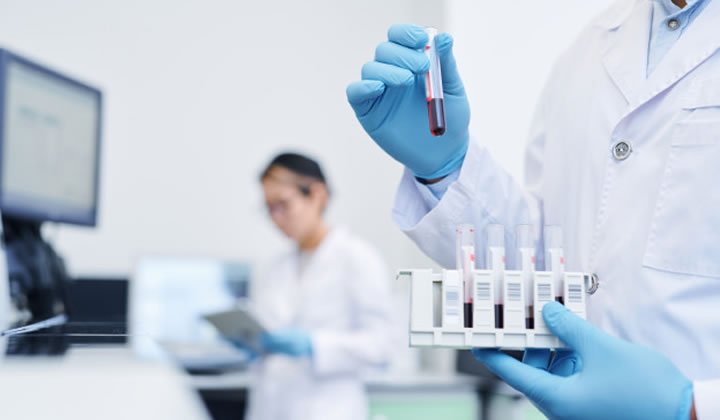
In people with severe disease, particularly those ill enough to need hospitalisation, activation of the body’s defence results in a marked inflammatory reaction that affects the blood clotting and blood vessels, resulting in blood clots or thrombosis. These blood clots mainly affect the veins and are called venous thromboembolism or VTE.
By Prof. Roopen Arya (India Spokesperson for World Thrombosis Day, Professor of Thrombosis and Haemostasis, King’s College Hospital, London)
Just eighteen months on from when the coronavirus was first described we have made enormous strides in understanding Covid-19 disease and how best to treat and prevent it. Very early on we realised that blood clots were a big part of this condition.
In people with severe disease, particularly those ill enough to need hospitalisation, activation of the body’s defence results in a marked inflammatory reaction that affects the blood clotting and blood vessels, resulting in blood clots or thrombosis. These blood clots mainly affect the veins and are called venous thromboembolism or VTE. VTE can take the form of deep vein thrombosis in the legs or pulmonary embolism, blood clots in the lungs.


